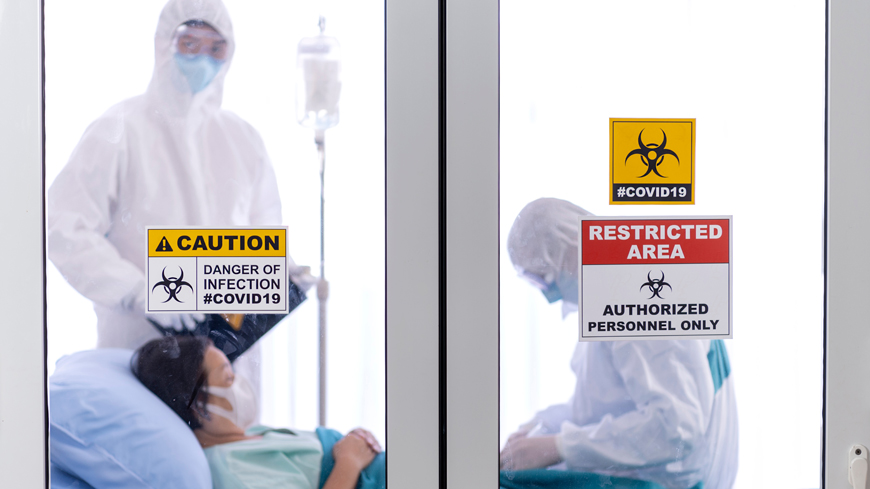The Council of Europe’s Group of States against Corruption (GRECO) has published guidelines addressed to its 50 member states aimed at preventing corruption in the context of the health emergency caused by the Covid-19 pandemic.
The guidelines, issued by GRECO’s president, Marin Mrčela, underline that the COVID-19 outbreak increases corruption risks, the health sector being especially exposed, in particular owing to surges in the urgent need for medical supplies and the simplification of procurement rules, overcrowded medical facilities and overburdened medical staff.
“As countries face undeniable emergencies, concentration of power, derogation of rights and freedoms, and as large amounts of money are infused into the economy to alleviate the crisis corruption risks should not be underestimated,” said GRECO’s president. “Decisions related to measures by central, regional and local authorities to face the pandemic must be transparent and subject to oversight and accountability. Whistle blowers in the health sector must be protected”, he added.
GRECO’s president also recalled that transparency in the public sector is one of the most important means for preventing corruption, whatever form it takes. “The need for regular and reliable information from public institutions is crucial in times of emergency. This concerns the spread and risks of the pandemic as such, but also emergency measures taken in response to them. We should not allow COVID-19 to compromise our values and our standards, including transparency and accountability. Digital information platforms, such as dedicated transparency portals, are valuable corruption-prevention tools and instrumental to protect the rule of law”, he said.
Corrupt practices may affect the public or the private sectors, and be related to the procurement system, bribery in medical-related services, corruption in new product research and development (R&D), including conflicts of interest and the role of lobbying, and COVID-19-related fraud related to the marketing of counterfeit medical products, among others risks.
The Group of States against Corruption (GRECO) is a Council of Europe body that aims to improve the capacity of its members to fight corruption by monitoring their compliance with anti-corruption standards. It helps states to identify deficiencies in national anti-corruption policies, prompting the necessary legislative, institutional and practical reforms. Currently it comprises the 47 Council of Europe member states, Belarus, Kazakhstan and the United States of America.


